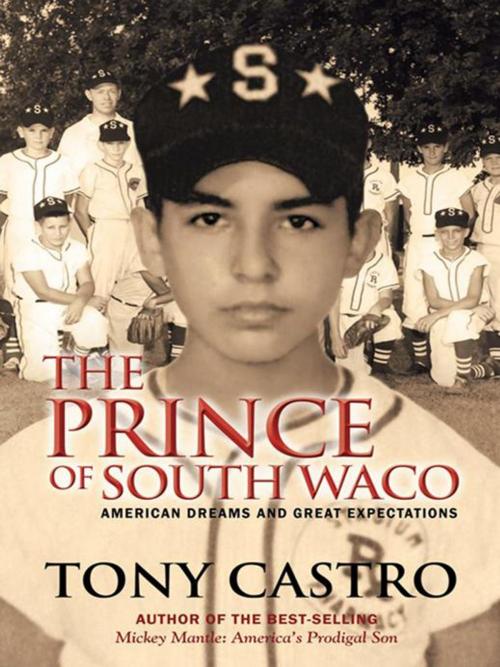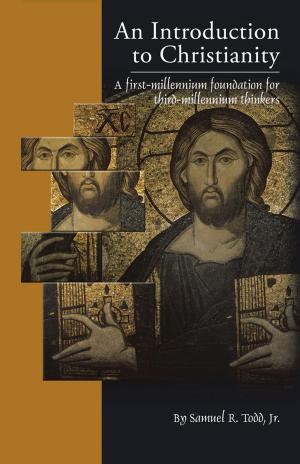| Author: | Tony Castro | ISBN: | 9781475983890 |
| Publisher: | iUniverse | Publication: | June 6, 2013 |
| Imprint: | iUniverse | Language: | English |
| Author: | Tony Castro |
| ISBN: | 9781475983890 |
| Publisher: | iUniverse |
| Publication: | June 6, 2013 |
| Imprint: | iUniverse |
| Language: | English |
In an ideal universe, theirs might have been the perfect love story from two separate worlds. But in the heart of the Bible Belt South, in America of the mid-twentieth century, their young love was forbidden because of their skin color. She was white, lovely, and privileged, growing up in a Tara-like Victorian home. He was Latino, dark-skinned, and working classthe grandson of a Mexican revolutionary who had fought with Pancho Villa. And an innocent waltz at a school May Fetea waltz that they were not permitted to dance togethercame to symbolize their societys racial divide.
In The Prince of South Waco, author Tony Castro narrates his sensitive rite-of-passage memoir of growing up Latino in the segregated South in an age when being different in America often brought the cruel, hard reality of the time, along with heartbreak and despair. He recounts how, as a child in an era before bilingual education and affirmative action, he overcame speech and learning disabilities and an inability to speak English to become an honor student with a penchant for literature, the classics, and writing.
Throughout his youth, he remained discreetly close to the teenage ballerina who had captured his heart. All the while, he encountered ugly warnings of violence and harmagainst the two of themshould they see each other and defy the ages-old prohibition in the South against interracial relationships.
A story taking place before the enactment of civil rights legislation, The Prince of South Waco provides insight into the issue of racial discrimination and hate of the times.
In an ideal universe, theirs might have been the perfect love story from two separate worlds. But in the heart of the Bible Belt South, in America of the mid-twentieth century, their young love was forbidden because of their skin color. She was white, lovely, and privileged, growing up in a Tara-like Victorian home. He was Latino, dark-skinned, and working classthe grandson of a Mexican revolutionary who had fought with Pancho Villa. And an innocent waltz at a school May Fetea waltz that they were not permitted to dance togethercame to symbolize their societys racial divide.
In The Prince of South Waco, author Tony Castro narrates his sensitive rite-of-passage memoir of growing up Latino in the segregated South in an age when being different in America often brought the cruel, hard reality of the time, along with heartbreak and despair. He recounts how, as a child in an era before bilingual education and affirmative action, he overcame speech and learning disabilities and an inability to speak English to become an honor student with a penchant for literature, the classics, and writing.
Throughout his youth, he remained discreetly close to the teenage ballerina who had captured his heart. All the while, he encountered ugly warnings of violence and harmagainst the two of themshould they see each other and defy the ages-old prohibition in the South against interracial relationships.
A story taking place before the enactment of civil rights legislation, The Prince of South Waco provides insight into the issue of racial discrimination and hate of the times.















